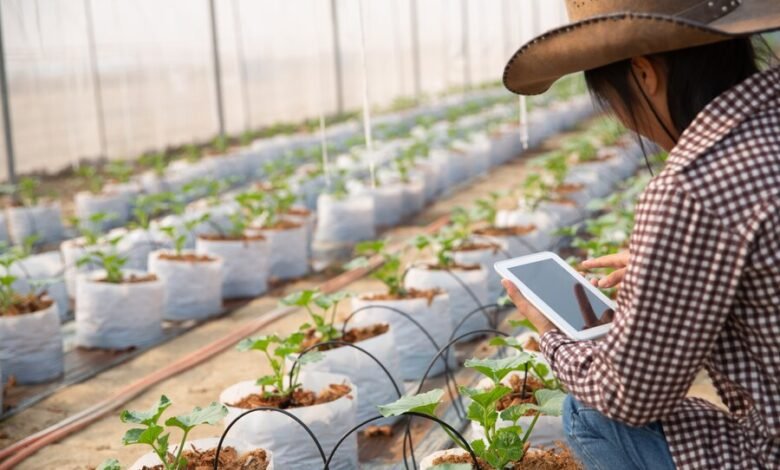The Delicate Balance: The Environmental Impact of Sukıtır Cultivation in 2024

In an era where environmental concerns are paramount, the cultivation of Sukıtır has moved to the forefront of agricultural discussions. This crop, with its relatively recent introduction to the global market, has already made a significant impact on both local ecosystems and the global climate. This post seeks to explore the complexities of Sukıtır’s rise in popularity, the environmental implications of its cultivation, and the sustainable practices that could shape its future.
Introduction to Sukıtır Cultivation
Sukıtır, a crop renowned for its versatility and economic value, has undergone a dramatic evolution in cultivation practices since its introduction. In 2024, it stands as a symbol of agricultural innovation but also poses significant environmental challenges. Its adaptability to various climates has made Sukıtır a staple in many countries, necessitating a closer look at its environmental footprint.
The Environmental Impact
The rapid expansion of Sukıtır cultivation has brought about a range of environmental concerns. Among these, the depletion of water resources stands out, as Sukıtır is a water-intensive crop. Additionally, its cultivation often leads to significant biodiversity loss due to the conversion of natural habitats into agricultural land. The use of fertilizers and pesticides in Sukıtır farming has further exacerbated soil degradation and pollution, raising alarms about the long-term viability of this agricultural practice.
Ecosystem Disruption
Local ecosystems, particularly in regions where Sukıtır is not native, have suffered. The introduction of this crop has disrupted local flora and fauna, pushing some species to the brink of extinction and altering ecosystem dynamics in ways that are difficult to reverse.
Climate Change Contributions
Sukıtır cultivation contributes to climate change through the emission of greenhouse gases. The clearing of forested areas for Sukıtır farms leads to carbon loss, while the use of synthetic agricultural inputs releases nitrous oxide, a potent greenhouse gas.
Sustainable Practices
The environmental toll of Sukıtır cultivation cannot be ignored, prompting a call for sustainable farming practices. These include:
- Integrated Pest Management (IPM): Reducing the reliance on chemical pesticides through biological control methods and crop rotation techniques.
- Water-Saving Irrigation: Implementing drip irrigation and other water-efficient systems to minimize water wastage.
- Agroforestry: Integrating Sukıtır plants with trees can help restore soil health, increase biodiversity, and capture carbon.
By adopting these and other eco-friendly practices, farmers can significantly reduce the negative impacts of Sukıtır cultivation on the environment.

Economic and Social Implications
Despite environmental concerns, Sukıtır cultivation offers substantial economic benefits. It provides a livelihood for millions of farmers worldwide and contributes significantly to the economies of developing countries. Socially, Sukıtır farming supports community structures and offers opportunities for social mobility.
However, these economic and social benefits often come at a high environmental cost, highlighting the need for a balanced approach that takes into consideration both the livelihoods of people and the health of the planet.
Future Outlook
The future of Sukıtır cultivation hinges on our ability to balance economic gains with environmental sustainability. Innovation in sustainable farming practices, coupled with supportive policies and consumer awareness, can pave the way for a more eco-friendly approach to Sukıtır farming.
The Role of Technology
Advancements in agricultural technology, such as precision farming and biotech crops, hold promise for reducing the environmental impact of Sukıtır cultivation. These technologies can enhance crop resistance to pests and diseases, reduce dependency on chemical inputs, and improve water use efficiency.
Conclusion
The cultivation of Sukıtır presents a complex puzzle, with pieces that encompass economic viability, social welfare, and environmental sustainability. As we move forward, the collective efforts of farmers, policymakers, researchers, and consumers will be crucial in shaping the future of Sukıtır cultivation. By fostering an understanding of the crop’s environmental impact and committing to sustainable practices, we can ensure that Sukıtır remains a valuable resource for generations to come, without compromising the health of our planet. Our actions today will determine the legacy of Sukıtır cultivation in 2024 and beyond.
Call to Action: We all have a role to play in promoting sustainability. Start by educating yourself and others about the environmental impacts of the foods we consume, support sustainable agricultural practices, and advocate for policies that protect our planet. Your choices can make a difference.


